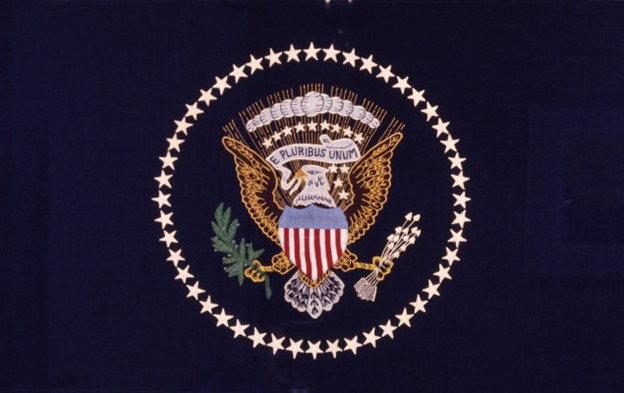Proposals for radical alterations in the way Americans vote are dangerous concepts that would have dramatic consequences for the nation and its Constitution. Some, such as ranked choice voting, are an unblushing bid to prop up fringe, leftist candidates. Others. if adopted, would essentially disunite the nation and overturn its Constitution.
As they consistently have after each election loss, Democrat spokespeople have flooded the airwaves with complaints about the Electoral College. Why, they ask, can’t we have a “popular vote,” and let it be done with. Since the Electoral College process is part of the original design of the U.S. Constitution, it would be necessary to pass a Constitutional amendment to change this system. The National Archives notes that over the past 200 years more than 700 proposals have been introduced in Congress to reform or eliminate the Electoral College. There have been more proposals for Constitutional amendments on changing the Electoral College than on any other subject.
The answer is as simple as the name of the country: The United States of America. The incredibly successful nation created almost two and a half centuries ago was a union of separate states. Fresh off of dealing with a monarch, it was intentionally set up that way to both prevent the possibility of having an all-powerful dictator, and to prevent larger states from bullying smaller ones.
Abolishing the electoral college would essentially disenfranchise smaller states from having any say in the presidency. Indeed, even less populated areas of large states would lose influence. A collection of large cities, (New York, Los Angeles, Chicago, Houston, Phoenix, Philadelphia, San Antonio, San Diego, Dallas, Austin, Jacksonville, etc.) would decide the outcome in who gets the White House.
Considering how badly many of those urban centers are run, that would not bode well for the future of the country! Beyond the practical policy implications, it would alienate the populations of those not living in California, Texas, New York, Florida, Pennsylvania, Illinois, who would, for the most part, be reduced to bystanders in the race for the only nationally-elected position.
A Heritage study analyzed the concept of a “National Popular Vote” (NPV) this way:
“The National Popular Vote (NPV) plan is the latest in a long line of schemes designed to replace the Electoral College. Imbued with the ideals of this nation’s Founders, the Electoral College has proved itself to be both effective in providing orderly elections for President and resilient in allowing a stable transfer of power of the leadership of the world’s greatest democracy. Therefore, while it would be a mistake to replace the Electoral College, replacing this system with the NPV would be a disaster. The NPV would devalue the minority interests that the Founders sought to protect, create electoral administrative problems, encourage voter fraud, and radicalize the U.S. political system. It also would likely violate the U.S. Constitution’s Compact Clause while directly contravening the Founders’ view of federalism and a representative republic. In an age of perceived political dysfunction, effective policies already in place—especially successful policies established by this nation’s Founders, such as the Electoral College—should be preserved.”
Trent England, writing for the National Conference of State Legislatures outlined key reasons for the institution: “At the Constitutional Convention, the primary concern of delegates opposed to direct election was that big states would dominate presidential politics. By using a two-step election process, the Electoral College prevents one region, or a handful of major metropolitan areas, from controlling the White House. Support must be geographically distributed around the country in order to win enough states to capture an electoral vote majority. This was particularly important after the Civil War. The nation remained divided, and Democrats became dominant in the south. A combination of intense popularity with some voters and violent suppression of others allowed Democrats to receive the most popular votes in 1876 and 1888 even though they lost the Electoral College and thus those elections.”
Eliminating the Electoral College would be a disaster for the United States/
